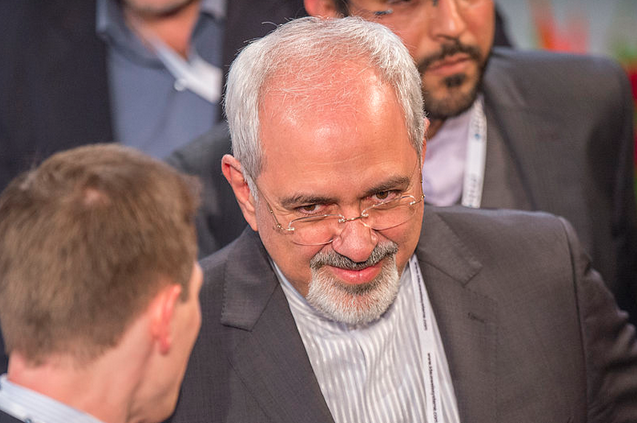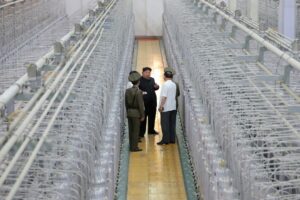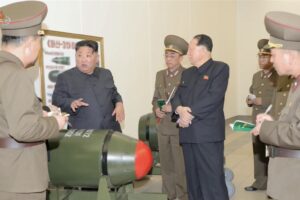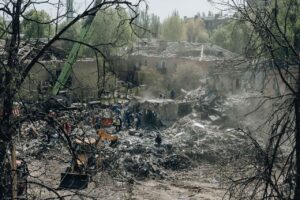North Korea’s rejection of an Iran-style nuclear deal, as conveyed by a Foreign Ministry spokesman on July 21, came as no surprise. The Democratic People’s Republic of Korea (DPRK) is different from Iran, he said, and its nuclear weapons program “is not up for bargain.”
The differences are indeed vast. Whereas Iran’s official policy is to reject nuclear weapons as haram (forbidden), North Korea’s nuclear-armed status is enshrined in its constitution and in its state ideology of the Byungjin line (simultaneous economic and nuclear weapons development). It is far easier to persuade a nation to accept limits on capabilities that are not yet realized than it is to effect a rollback of existing arsenals. As a trading nation with an international outlook, Iran could be pressured by means of economic sanctions and isolation; North Korea’s self-isolation offers protection against economic pressure as long it does not come from China, its one lifeline. Iran’s electoral political system, however imperfect, gives its people a voice; Kim Jong Un is an absolute dictator. For Iran’s adversaries, the economic pressure is backed up by realistic military options. In the DPRK case, South Korea and the United States are exceedingly cautious about employing force lest it escalate to war that would devastate Seoul.
North Korea’s rejection of an Iran-style nuclear deal, as conveyed by a Foreign Ministry spokesman on July 21, came as no surprise. The Democratic People’s Republic of Korea (DPRK) is different from Iran, he said, and its nuclear weapons program “is not up for bargain.”
The differences are indeed vast. Whereas Iran’s official policy is to reject nuclear weapons as haram (forbidden), North Korea’s nuclear-armed status is enshrined in its constitution and in its state ideology of the Byungjin line (simultaneous economic and nuclear weapons development). It is far easier to persuade a nation to accept limits on capabilities that are not yet realized than it is to effect a rollback of existing arsenals. As a trading nation with an international outlook, Iran could be pressured by means of economic sanctions and isolation; North Korea’s self-isolation offers protection against economic pressure as long it does not come from China, its one lifeline. Iran’s electoral political system, however imperfect, gives its people a voice; Kim Jong Un is an absolute dictator. For Iran’s adversaries, the economic pressure is backed up by realistic military options. In the DPRK case, South Korea and the United States are exceedingly cautious about employing force lest it escalate to war that would devastate Seoul.
Try unlimited access
Only $1 for four weeks
-
Unlimited access to all of NK News: reporting, investigations, analysis
-
Year-one discount if you continue past $1 trial period
-
The NK News Daily Update, an email newsletter to keep you in the loop
-
Searchable archive of all content, photo galleries, special columns
-
Contact NK News reporters with tips or requests for reporting
Get unlimited access to all NK News content, including original reporting, investigations, and analyses by our team of DPRK experts.
Subscribe
now
All major cards accepted. No commitments – you can cancel any time.










